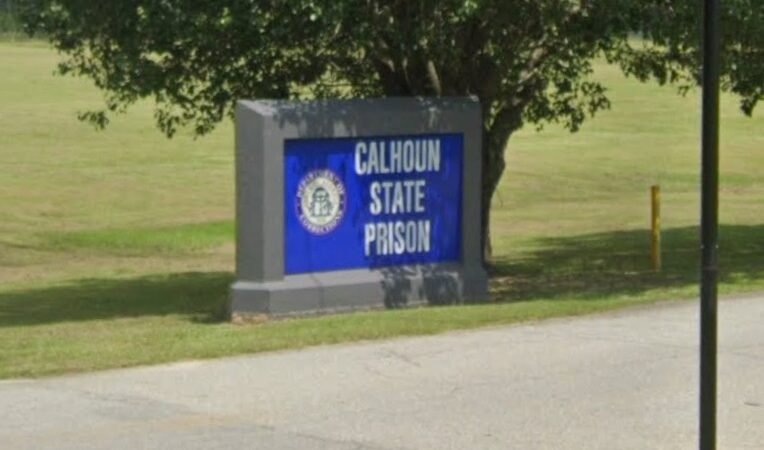State officials quiet on recourse after Rivian pauses $5B Georgia plant
(The Center Square) — While Rivian Automotive paused its $5 billion plant in Georgia, state officials declined to say how — or if — they might attempt to claw back massive taxpayer-backed incentives they offered the company.
In December 2021, state officials announced that Rivian planned to build a manufacturing facility in Georgia — its second U.S. plant. Georgia gave $1.5 billion in incentives and the deal was so significant that state leaders and economic development officials hosted a “Rivian Day” at the state capitol last year.
“Rivian Day is just the latest example of both our strong partnership with this innovative company and the fact that Georgia is fast becoming the EV capital of the nation,” Republican Georgia Gov. Brian Kemp said in a statement at the time.
While the governor was quick to tout the partnership a year ago, on Friday, Kemp’s office declined to comment on Rivian’s decision, referring all inquiries to the Georgia Department of Economic Development.
While state and company officials initially said the Rivian plant would begin production in 2024 and that the project would create 7,500 jobs with an average wage of $56,000, it was controversial from the start. Residents sued over the project, and the Michigan-based Center for Economic Accountability named the deal 2022’s “Worst Economic Development Deal of the Year.”
“It is disappointing news to hear Rivian is wavering on its commitments to the local community and the entire state of Georgia,” Lt. Governor Burt Jones said in a statement to The Center Square. “Nonetheless, we now have a great mega site available to offer a willing, interested, and trusted future partner.”
State officials say Rivian is responsible for the site, and the company has already made two “payments in lieu of taxes” totaling $3 million. It made the most recent payment on March 1.
“Rivian has restated its commitment to Georgia, and the State and JDA are in steady communication with Rivian regarding its manufacturing plans at Stanton Springs North,” the Georgia Department of Economic Development and the Joint Development Authority of Jasper, Morgan, Newton, and Walton Counties said in a statement to The Center Square.
Company officials said pausing the Georgia project enables them to launch Rivian’s new R2 vehicles.
“To enable R2 to be launched earlier and with a considerable reduction in the capital required for its launch, Rivian plans to start production of R2 in its existing Normal, Illinois manufacturing facility,” a Rivian spokesperson told The Center Square via email. “Construction is expected to resume later to focus our teams on the capital efficient launch of R2 in Normal.
“We have a good relationship with Governor Kemp in Georgia, and we let him know that we see this as a delay and are planning to resume construction following the initial ramp of R2 production at the Normal facility,” the spokesperson added. “We look forward to continuing our relationship with the state as R2 gets off the ground.”
The governor’s office did not confirm whether the company alerted them before publicly announcing their plans.
“The situation with Rivian’s plant in Georgia highlights the complexity of large-scale development projects and the need for safeguards and ongoing oversight to make sure the state and its residents see the benefits of the investment,” John Ellmore, editor and spokesperson for Electric Car Guide, told The Center Square. “Georgia has already invested over $125 million in acquiring and preparing the 800-hectare stage near Social Circle, not to mention nearing the completion of a $50 million roadwork project.
“I think that taxpayers should be very concerned about the accountability that’s in place. Georgia officials and policymakers do need to attract large-scale investments in the state, but are they agreeing on the right conditions to protect significant investments of public funds?” Ellmore added. “The pause in construction is going to raise questions about whether the conditions that were agreed for receiving incentives are stringent enough to protect public interests.”






